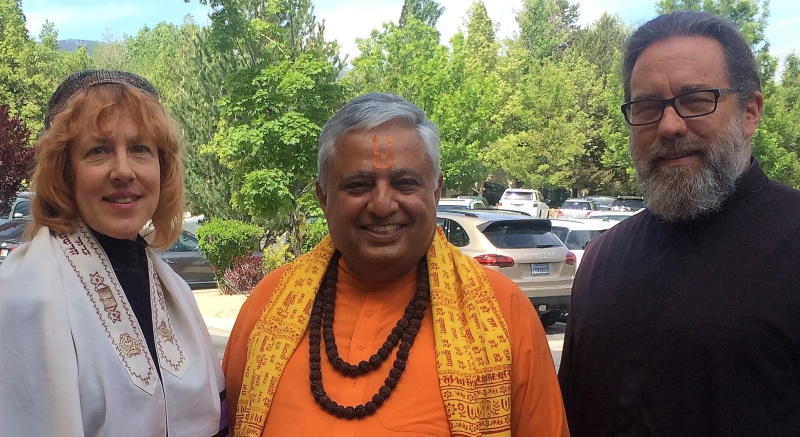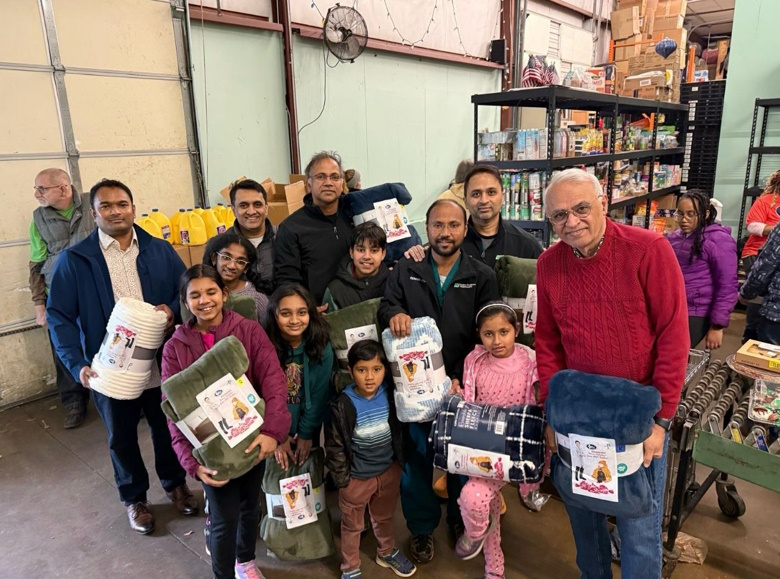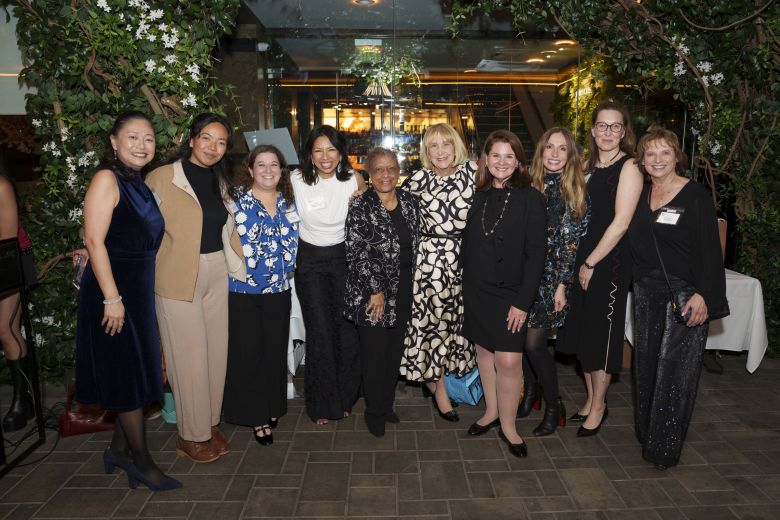 In view of the United States Supreme Court recently backing prayer in public school premises, a multi-faith coalition of Christian-Hindu-Buddhist-Jewish leaders feels that it is time to introduce prayer in public schools, but rotating the prayer among diverse religions and denominations.
In view of the United States Supreme Court recently backing prayer in public school premises, a multi-faith coalition of Christian-Hindu-Buddhist-Jewish leaders feels that it is time to introduce prayer in public schools, but rotating the prayer among diverse religions and denominations.
Senior Episcopal priest in Connecticut Father Thomas W. Blake, Greek-Orthodox clergyman in Nevada Father Stephen R. Karcher, Hindu statesman Rajan Zed, renowned Buddhist minister Reverend Jikai’ Phil Bryan, esteemed Jewish rabbi in California-Nevada ElizaBeth Webb Beyer; in a joint statement, said that prayer for common good helped us to grow in holiness and prayers from diverse traditions offered opportunities for creating harmonious communities.
Blake, Karcher, Zed, Bryan, Beyer emphasize that all public schools; like US Senate and House, state legislatures, various county commissions and city councils across the country; should start the day with a prayer which should be optional for students to attend so that nobody feels coerced into it. Prayer should be rotated among various traditions and non-believers should also be included in this rotation to say their viewpoint, so that no student feels left out.
Rajan Zed, who is President of Universal Society of Hinduism, points out: Petitioning/pleading the God through prayer for the benefit of everyone helps us to flourish in piety, whichever religious perspective the prayers come from. Since all life comes from God, prayers help to link us to God, with the expectation that God hears us and blesses us.
The plurality of religious traditions has come to characterize the USA. There is a need to energetically engage with pluralism, actively seek understanding across the lines of difference and remove our ignorance of one another. Listening to prayers from seriously diverse faiths would make US students well-nurtured, well-balanced, and enlightened citizens of tomorrow; Zed notes.
These diverse invocations will strengthen society and display respect for religious liberty and pluralism. These can also lead to scope for positive dialogue; which brings us mutual enrichment, assists us to see interconnections and interdependencies, helps us overcome the prejudices- stereotypes-caricatures and create bridges of understanding; these Christian, Hindu, Buddhist, Jewish leaders add.




